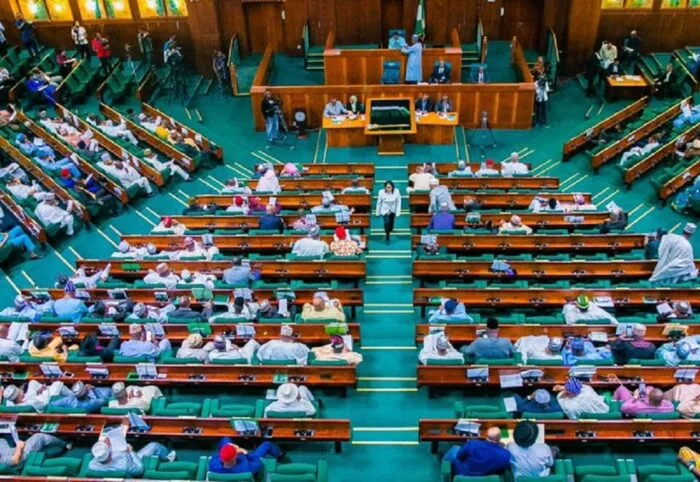The Nigerian House of Representatives has taken a significant step towards addressing the escalating cancer crisis in the country by advocating for free screening and subsidized treatment for all stages of the disease. This decision, stemming from a motion sponsored by Representative Aderemi Oseni, underscores the growing concern over the financial burden cancer treatment places on patients and the urgent need for government intervention to ensure equitable access to life-saving care. Oseni highlighted the alarming prevalence of cancer in Nigeria, citing statistics indicating that approximately 125,000 people were diagnosed in 2020 alone, with breast, prostate, and cervical cancers being the most common types.
The prohibitive costs associated with cancer treatment are a major barrier for many Nigerians seeking care. Depending on the specific type, stage, and treatment method, the financial burden can range from tens of thousands to hundreds of thousands of dollars annually, a sum well beyond the reach of most citizens. This disparity in access often leads to the perception that cancer is a disease exclusive to the wealthy or a guaranteed death sentence for those without substantial financial resources. The House recognizes the devastating impact of this financial inequity and aims to dismantle this perception by advocating for government-supported subsidies to make treatment more affordable and accessible to all affected individuals, regardless of their socioeconomic status.
The complex and expensive drug supply chain coupled with the limited availability of radiotherapy machines further exacerbates the challenges faced by cancer patients in Nigeria. These limitations contribute significantly to the overall cost of treatment, forcing many to delay or forgo necessary care, thereby jeopardizing their chances of survival. The House acknowledges this critical bottleneck in cancer care and has called for the establishment of more cancer treatment centers and the procurement of additional radiotherapy machines to expand treatment capacity and improve patient outcomes. This strategic investment in infrastructure is not merely a response to the current crisis but a proactive step towards building a more robust and resilient healthcare system capable of effectively managing the growing cancer burden.
Recognizing the vital role of early detection in improving treatment outcomes, the House of Representatives has also strongly advocated for free cancer screening programs. Early diagnosis significantly increases the likelihood of successful treatment and reduces the overall cost of care. By making screening accessible and affordable to all, the government can empower individuals to take control of their health and seek timely intervention when needed. This preventative approach not only increases the chances of survival but also contributes to a more cost-effective healthcare system by reducing the demand for more intensive and expensive treatments required at later stages of the disease.
To translate these recommendations into concrete action, the House has mandated its Committee on Healthcare Services to collaborate with the Federal Ministry of Health and Social Welfare and other relevant agencies. This collaborative effort aims to develop a comprehensive framework for government-subsidized cancer treatment and drug provision, ensuring that the necessary financial resources are allocated and effectively utilized to alleviate the suffering of cancer patients. The committee will also play a crucial role in overseeing the establishment of new cancer treatment centers and the procurement of radiotherapy machines, ensuring that these essential services are strategically deployed across the country to maximize their impact.
The House of Representatives’ call for government intervention in cancer care represents a significant commitment to improving public health outcomes in Nigeria. By addressing the intertwined challenges of affordability, access, and early detection, the proposed measures aim to create a more equitable and effective cancer care system that empowers all citizens to receive the timely and effective treatment they deserve. This initiative acknowledges the critical role government plays in ensuring the health and well-being of its citizens and sets the stage for a comprehensive national strategy to combat the growing cancer burden and improve the lives of countless Nigerians affected by this devastating disease.














